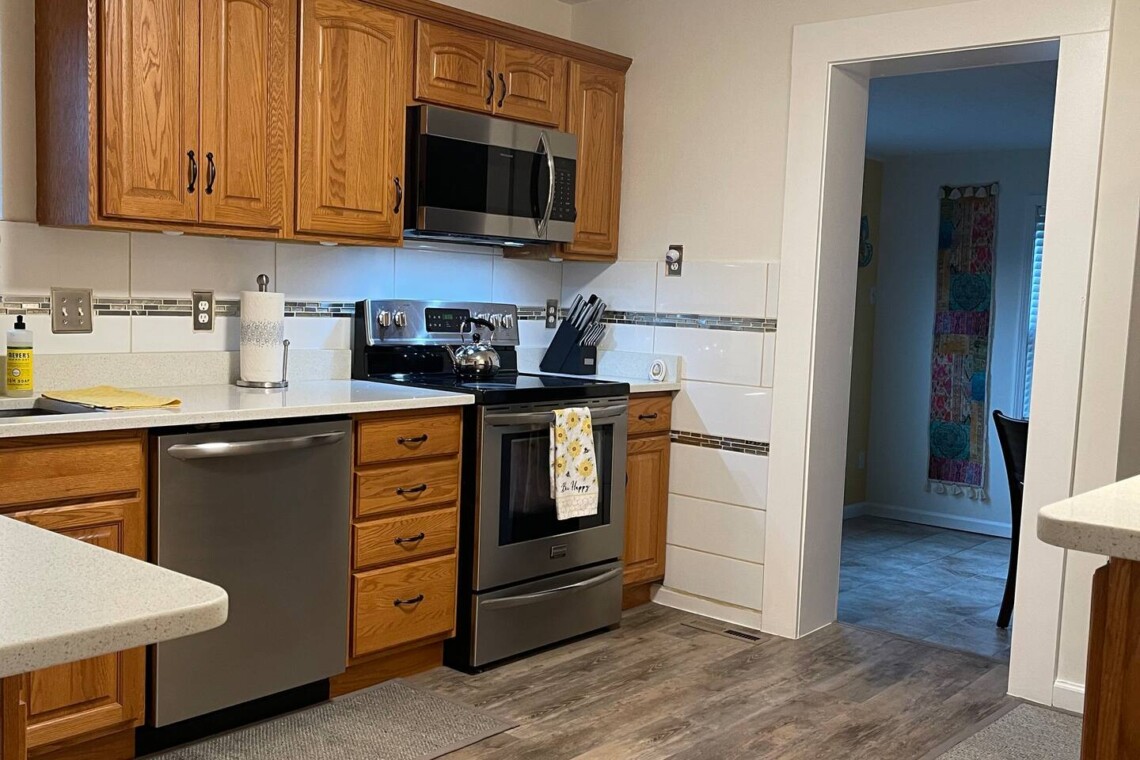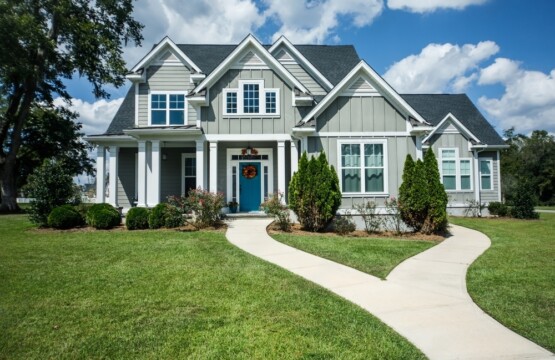Maximizing Your Real Estate Investments in 2025
- 27 February 2025
- Affordable Housing, Invest in Real Estate, Real Estate, Rentals, Section 8 Housing, Uncategorised
Real estate is our business. We work with start up and seasoned investors. During any presidential change, we are always… Read More











Latest Comments